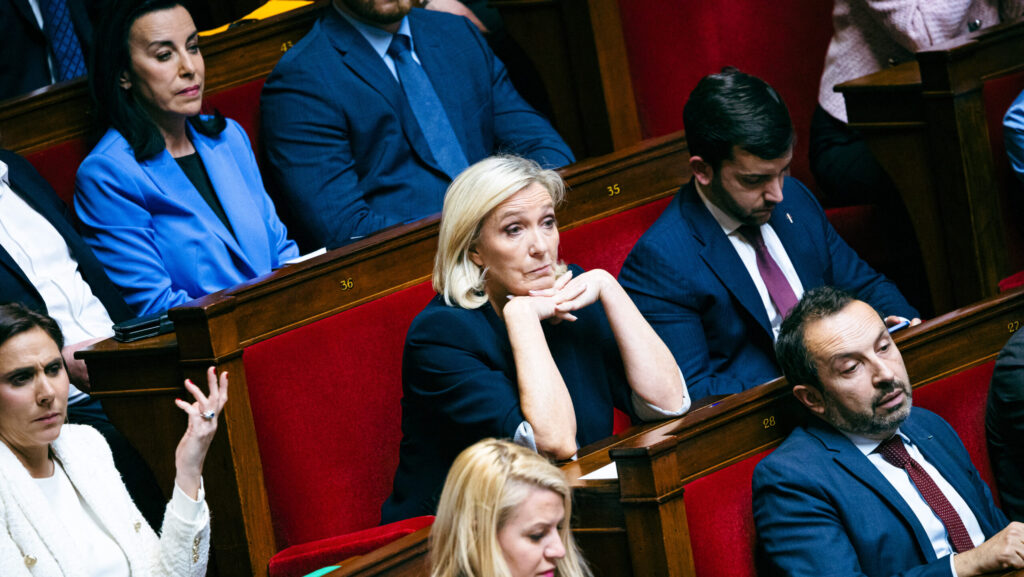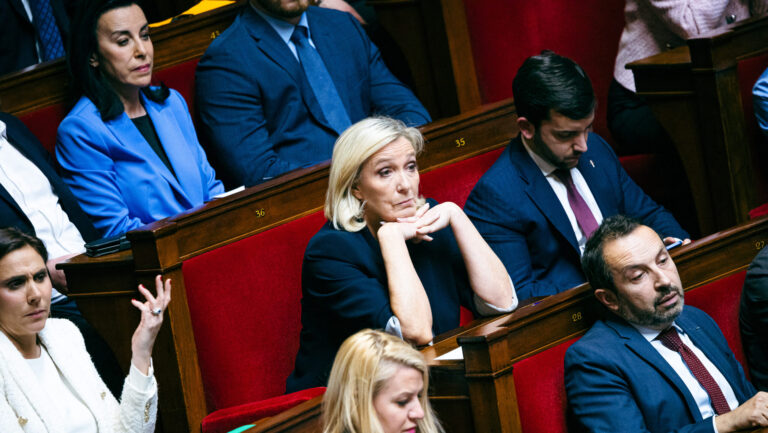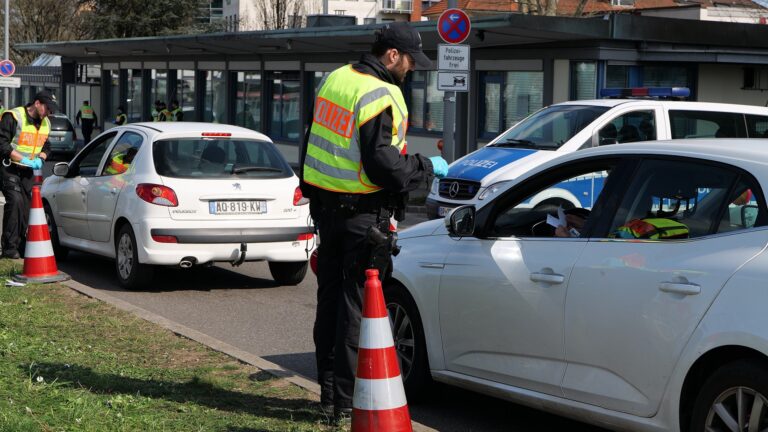Belgium, which currently holds the rotating EU presidency, is urging other member states to advance the Article 7 procedure against Hungary to the next stage. This could result in Hungary losing its voting rights in EU decision-making.
‘We have a Europe that is making difficult headway, with unfortunately some states—one state in particular—increasingly adopting a transactional, blocking and veto attitude,’ Belgian Foreign Minister Hadja Lahbib told POLITICO in an interview. ‘I think we need to have the courage to make decisions: go right to the end of Article 7, activate Article 7 right to the end, which provides for the end of the right of veto,’ she added.
The European Parliament triggered the Article 7 procedure against Hungary in 2018, but the process has stalled since then. According to the EP, Hungary is endangering the rule of law, media freedom, the rights of sexual minorities, and the fundamental values of the EU.
Since the outbreak of the war in Ukraine,
the Article 7 procedure has become another instrument of pressure to change Hungary’s pro-peace stance.
As Lhabib mentions in the interview cited above, the Hungarian government’s continued ‘restraint’ on EU sanctions against Russia and Ukraine’s accession to the EU has been a major factor in Belgium’s decision to urge other member states to expedite the Article 7 process.
A spokesperson for Hungary’s Permanent Representation to the EU said: ‘Hungary’s main concern now is to keep the EU out of the war in our neighbourhood. If war reaches the EU, then Article 7 will be the least of our problems.’
Unveiled Double Standards
The European Commission (EC) announced at the end of May that it would end the Article 7 procedure against Poland, leaving Hungary as the only Member State still under scrutiny. ‘Our assessment is that there is no longer a clear risk of a serious breach of the rule of law. The ongoing restoration of the rule of law in Poland is a positive development for the Polish people and for our Union as a whole,’ the EC wrote in a post on X.
We've decided to close the Article 7(1) TEU procedure for Poland.
— European Commission (@EU_Commission) May 29, 2024
Our consideration is that there is no longer a clear risk of a serious breach of the rule of law.
The ongoing restoration of the rule of law in Poland is great for the Polish people and for our Union as a whole.
Balázs Orbán, the Hungarian Prime Minister’s political director, earlier called the closure of the procedure against Poland ‘a perfect example of Brussels’ double standards.’ He argued that Brussels’ sole aim is to install leaders who
fully serve its interests at the head of member states,
as exemplified by Donald Tusk in Poland. According to Orbán, the Tusk administration has not taken any concrete steps to improve the rule of law situation, yet the procedure has been closed.
‘Less than half year of the new government in power and you can observe a decline of rule of law. This is what the liberal elites want. You can do anything as long as you’re one of them, as long you’re part of the Brussels mainstream, a perfect example for that is the frozen EU funds due to Poland. We could see clearly that there was no factual reason to froze those funds for Poland. Because the moment Tusk took over power, they gave him the money. He didn’t adopt any new law. He didn’t change anything in regards to the EU funds,’
Polish Law and Justice (PiS) MEP Radosław Fogiel pointed out in an interview with Hungarian Conservative.
Enormous Pressure on Hungary
In recent months, Hungary has come under increasing pressure over Ukraine. As previously reported by Hungarian Conservative, at the initiative of EP President Roberta Metsola, member states are working to agree on the main details of the war-torn country’s EU accession before Hungary’s EU Presidency starts on 1 July. They argue that this is necessary to ensure that Budapest cannot hold up the process during its presidency.
In a recent interview, Hungarian Prime Minister Viktor Orbán reassured those concerned: ‘It [the presidency] gives us the role of an honest broker, not a real leader,’ he said.
Another plan is to assign Hungary a less significant portfolio in the new Commission set up after the elections due to its position on Ukraine. Currently, Hungary holds the post of Commissioner for Neighbourhood and Enlargement, a position of crucial importance. However, as Hungary does not support Ukraine’s accession to the EU in its current form, it might be given a much weaker post in the next Commission.
Related articles:








